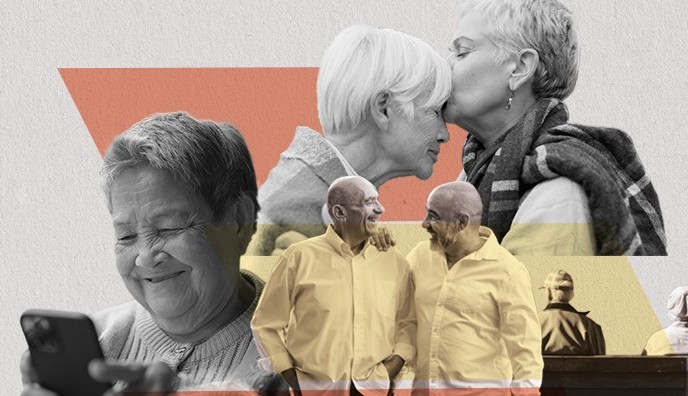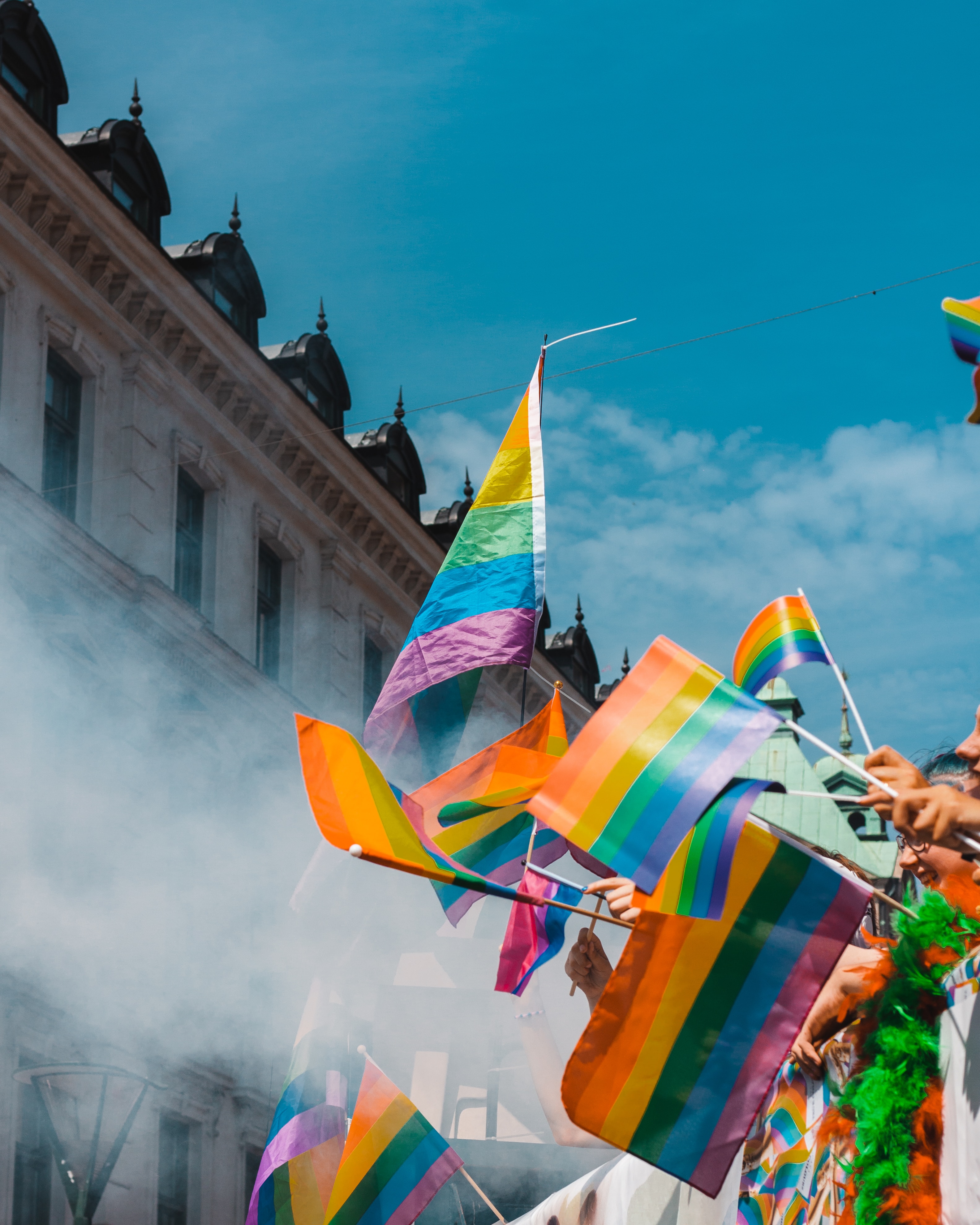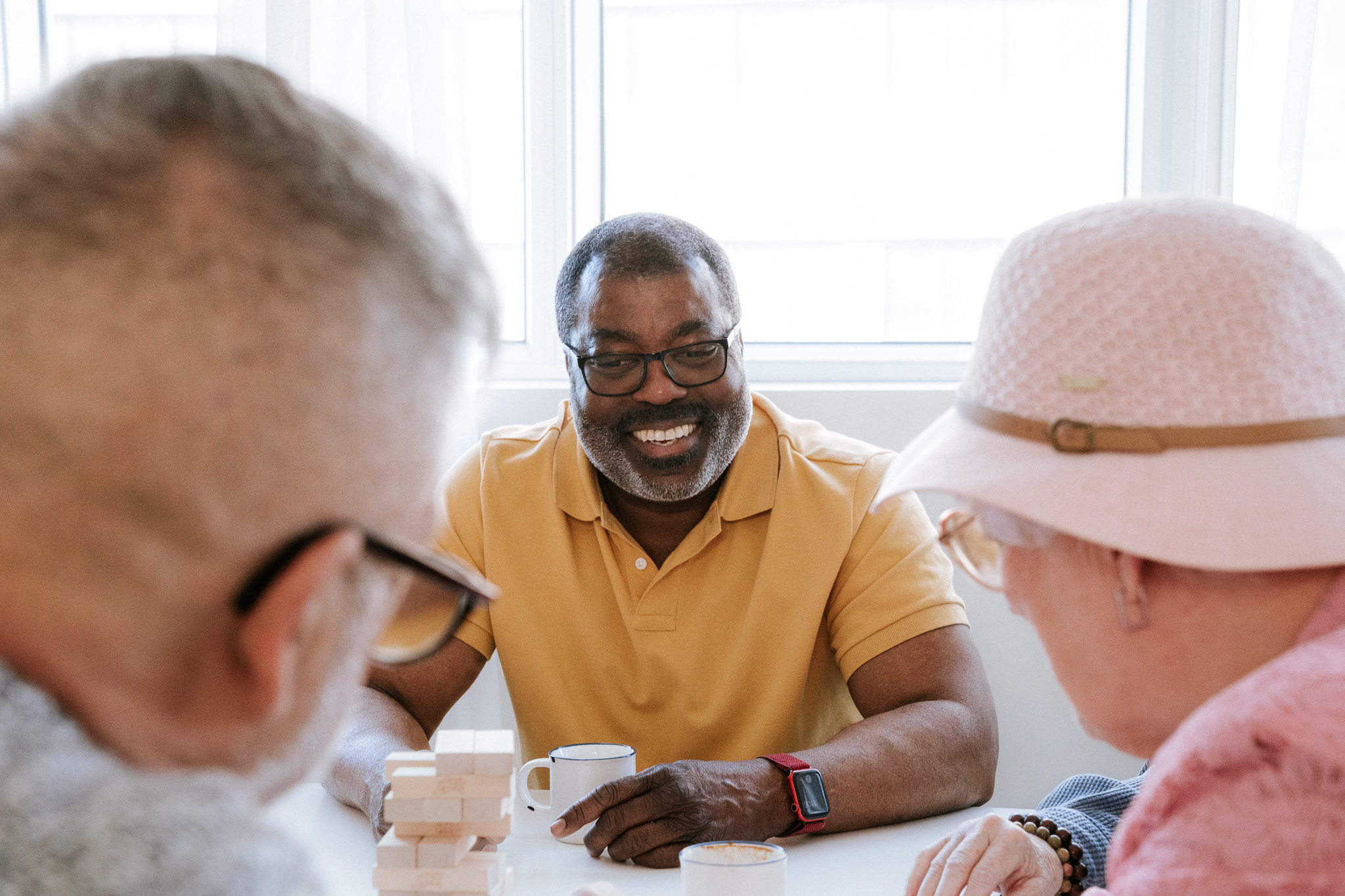In 2024, the International Day Against Homophobia and Transphobia campaign was built around the slogan “Calling Out Outdated Ideas.” It aimed to sound the alarm about the disturbing setbacks currently affecting LGBTQ+ people.

After several decades of progress, the regression in recent years may come as a shock. This phenomenon—known as “backlash”—is unfolding worldwide affecting LGBTQ+ individuals through both legal and social rollbacks.
Rollbacks in LGBTQ+ Rights
Legal regressions have been observed in many countries around the world. These may include the adoption of new measures restricting LGBTQ+ rights or the dismantling of existing laws and initiatives that previously protected LGBTQ+rights. Here are a few examples:
- The United States: SinceJanuary, several executive orders have triggered major rollbacks, including the ban on transgender people in the military, the prohibition of gender-affirming care for minors in certain states, and the withdrawal of equity, diversity, and inclusion (EDI) initiatives.
- Georgia: In September 2024, Georgia’s parliament adopted the “Law on Family Values and the Protection of Minors.” Condemned by the UN High Commissioner for Human Rights, this law imposes discriminatory restrictions on education, public debate and gatherings related to sexual orientation and gender identity. It equates consensual same-sex relationships with incest and bans the legal recognition of same-sex couples and trans individuals.
- Ghana: In 2024, Ghana’s parliament unanimously passed a law criminalizing same-sex relationships and imposing prison sentences for the “promotion, sponsorship, or intentional support of LGBT+ activities.”
- Russia: In 2023, Russia’s Supreme Court banned the activities of the “international LGBT+ movement,” labelling it an “extremist movement,” thus criminalizing LGBTQ+ advocacy.
- Hungary: In March 2025, Hungary’s parliament banned gatherings that “promote or display any deviation from a person’s sex at birth, as well as gender transition or homosexuality.” This law effectively bans Pride marches, imposes fines on participants and provides for criminal penalties for organizers.
- United Kingdom: In December 2024, puberty blockers were indefinitely banned. In April 2025, the UK Supreme Court ruled that the legal definition of a woman is based on biological sex, meaning a trans woman who has legally transitioned is not legally recognized as a woman.
Rising Violence
Rise in Hate Crimes Linked to Sexual Orientation in Canada
- In Canada, police-reported hate crimes related to sexual orientation more than quadrupled in five years, rising from 186 in 2018 to 860 in 2023 (Statistics Canada).
- In the United States, an FBI report announced that in 2023, hate crimes targeting individuals based on their sexual orientation or gender identity increased.
- In Europe, a report by the European Union Agency for Fundamental Rights (FRA) noted an increase in violence, harassment and intimidation.
Anti-LGBTQ+ Rhetoric
- LGBTQphobic rhetoric is becoming normalized, with alarming statements from influential figures.
- Disinformation campaigns are circulating online, particularly regarding gender-affirming care. A 2023 report by the European Digital Media Observatory found that misinformation targeting LGBTQ+ communities is the most widespread.
- ILGA-Europe reported a rise in hate speech. For example, in Portugal, online anti-LGBTQ+ hate speech rose by 185% between 2019 and 2022, and in Spain it increased by 130%.

Declining Acceptance of Sexual and Gender Diversity
- According to an IPSOS survey comparing results from 2021 and 2023 across 30 countries, support for same-sex couples in Canada has declined. An increasing number of Canadians disagree that same-sex couples should have the same adoption rights as heterosexual couples.
- Between 2017 and 2024, the level of discomfort among young Quebecers about the idea of their best friend being gay or lesbian has doubled.
LGBTQ+ rights must never be taken for granted. What we believe to be secured today can be lost tomorrow. The fight against LGBTQphobia is not only about advancing equality—it’s also about preventing regression.
In recent years, we’ve witnessed a troubling rollback. Legal regressions can come in the form of newly passed laws that restrict rights, but also through the quiet removal of protections that once safeguarded LGBTQ+ people from harm.
On top of this, we are seeing an increasingly harsh reality: a significant rise in violence, hate speech, disinformation and a decline in social acceptance of sexual and gender diversity.
In the face of growing intolerance, our greatest strength is solidarity. LGBTQ+ people cannot confront this wave of hatred alone. Now more than ever, we need allies—because together, we can stop the setbacks and push rights forward.



